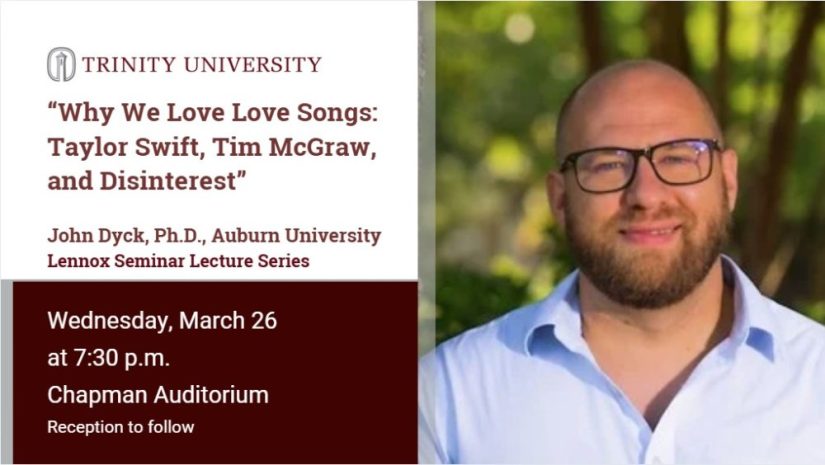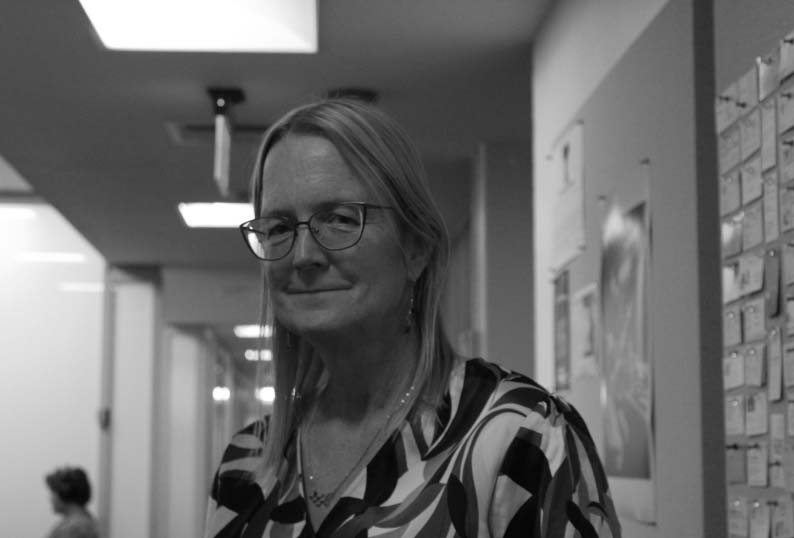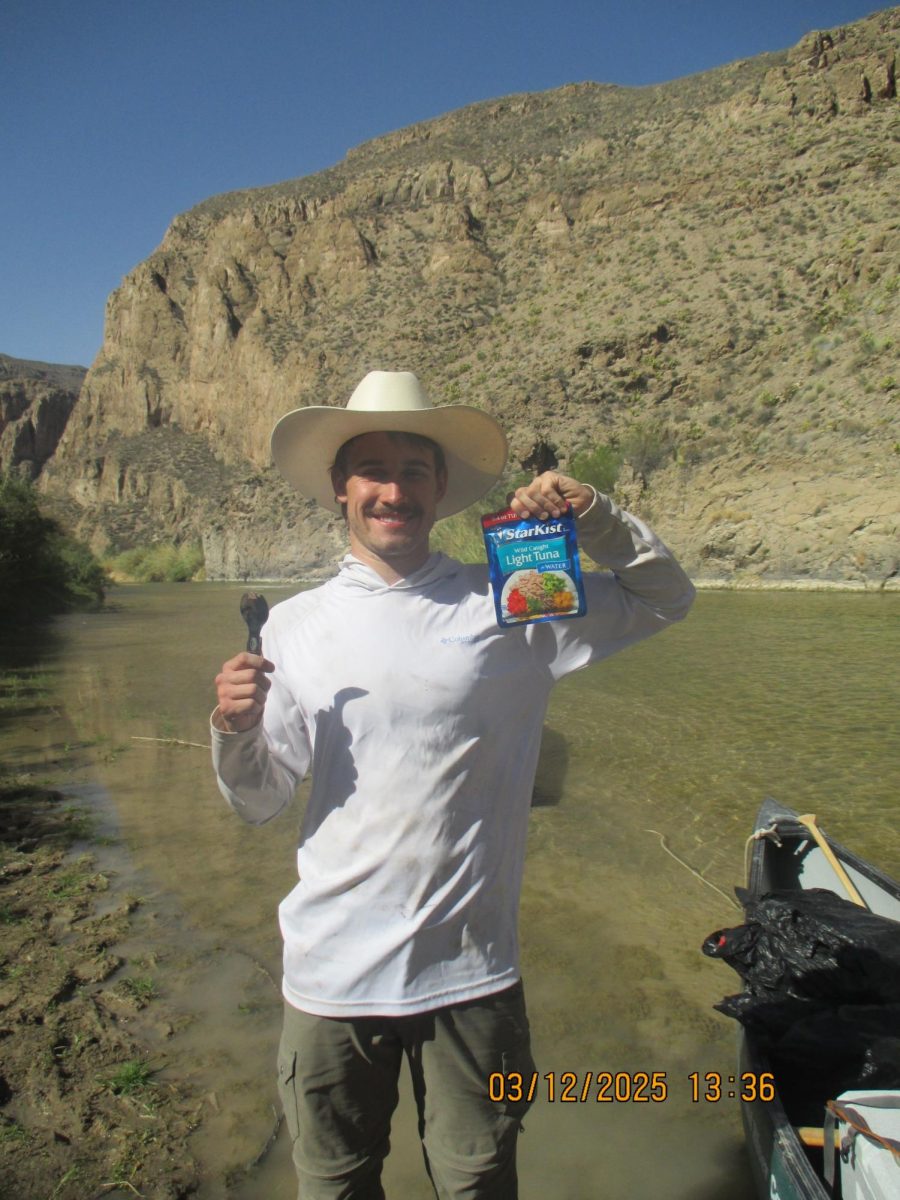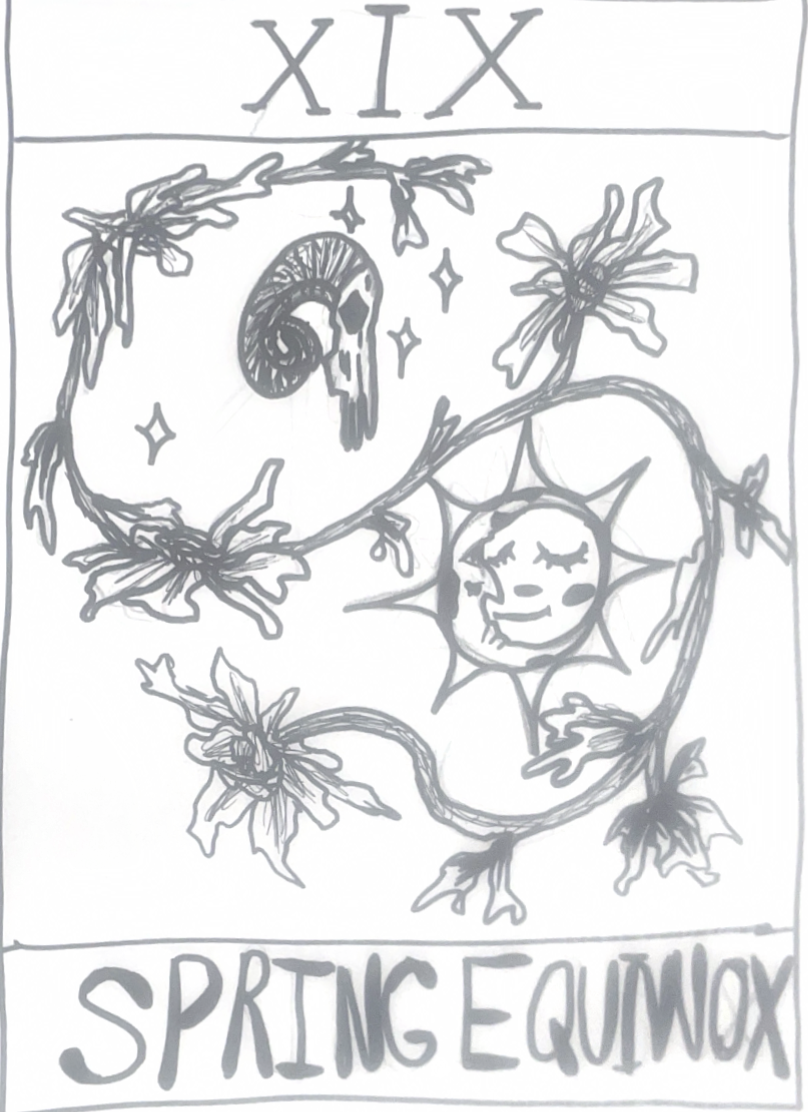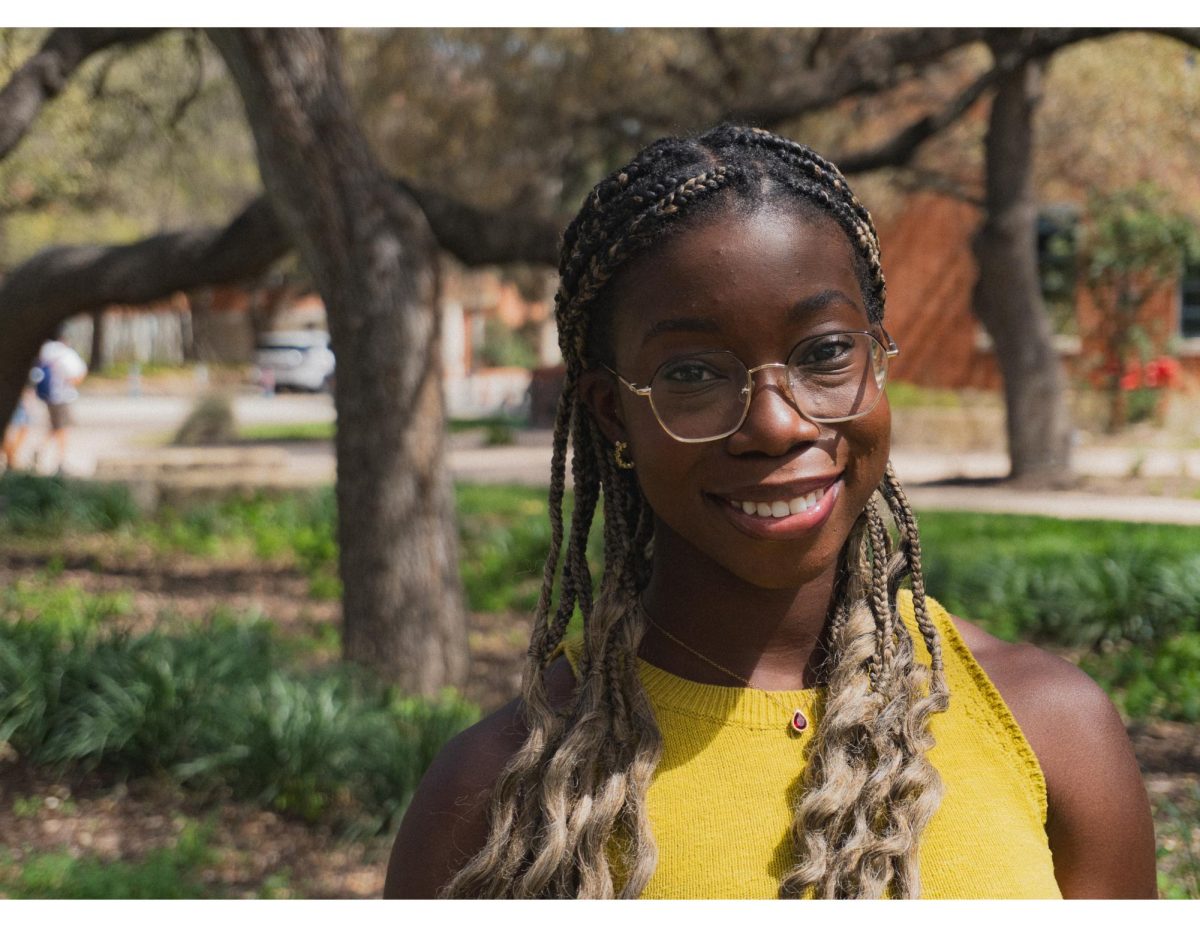Illustration by Andrea Nebhut
During your time at Trinity, you may find yourself wondering why you keep making friends who are from Oregon and Washington: Don’t they miss the mountains? Don’t they hate the heat? Why did they move to Texas of all places?
According to associate director of Admissions Juan Perez, Trinity admits a total of about 60 students from Washington and Oregon each year. This typically results in six to nine students from the Pacific Northwest actually entering each first-year class. Currently, 51 students attending Trinity are from this region, including 24 from Oregon and 27 from Washington.
Why the Pacific Northwest?
Specific admissions staff members are assigned to recruit from particular regions of the U.S. Dean of Admissions Justin Doty was in charge of recruitment for the Pacific Northwest for ten years before Juan Perez took over the region.
Doty discussed the need for geographic diversity when crafting each first-year class.
“When we sit around the admissions committee table, that’s kind of at the forefront of all of our minds,” Doty said. “We’re wanting to enroll a freshman class that has geographic spread. Numbers matter, but beyond that, we’re really interested in academic quality of the class, extracurriculars … there are just so many layers to it.”
Despite this push for diversity, recruitment efforts tend to focus more on Western areas of the U.S. than Eastern states.
“The Northwest truly has been one of our primary markets for years and years. We tend overall to draw — at least [with] our out-of-state population — [from the] West, so it’s a lot of California, Colorado, Arizona and New Mexico. But in that mix is Oregon and Washington, and it does surprise people,” Doty said.
This is partially due to demographic differences between regions.
“If you look at just New England and the Northeast, the numbers of high-school graduating college-bound students is shrinking. The states that are growing are the South — Texas for sure — and the West,” Doty said. “We still have presence East Coast to West Coast but I think we tend to concentrate a little bit more [on the PNW] just because we tend to draw more applications and there’s a little more affinity.”
There is also a larger density of colleges similar to Trinity located in the Northeast than in the Northwest, creating a greater demand for a school like Trinity among students from Oregon and Washington.
“In the Midwest and Western United States, there aren’t as many universities concentrated in a very small area like they are in the Northeast,” Perez said.
Texas is not redneck central
The process of recruiting students from Oregon and Washington is multifaceted, and requires some convincing on the admissions office’s part.
According to Doty, selling the state of Texas to Pacific Northwesterners is often more difficult than selling Trinity.
“This is seared into my brain: A girl from Portland was telling me, ‘I feel like Trinity is perfect for me, like on paper it fits me exactly, it checks all the boxes. But it’s in Texas, and I can’t get past that.’ And she was like, ‘I feel like I would be studying abroad for four years,’” Doty said. “But I think [Texas] is also intriguing to them. I think some of them are specifically looking for a different kind of college experience. They want a different kind of landscape, different types of people.”
Senior Mia Loseff, who is from Seattle and now works for Admissions, discussed the need to break down stereotypes about Texas.
“I think when we are talking to people who come from different states, we’ll often highlight that Texas isn’t all conservative, and it’s not like redneck central and all these things,” Loseff said.
Loseff has also found that Southern hospitality is alive and well in Texas. She believes a kind community can be a selling point for prospective students.
“Seattle is known to have the ‘Seattle freeze,’ and people don’t like to look at each other, and they kind of are grumpy all the time because it’s always raining,” Loseff said. “And Texas [has] Southern hospitality. People are friendly, people actually care about your day, and stuff like that.”
Portland native and first-year Elise Brunk also found her stereotypes shattered upon coming to Trinity’s campus.
“Pretty much all the schools [I was looking at] were in the Northwest, but I kind of wanted to experience somewhere different,” Brunk said. “I found a lot less country music than I expected.”
Paying Trinity a visit
The Office of Admissions has found that those who visit campus are much more likely to choose Trinity.
“The campus visit will give them a really good idea of what it’s going to be like to be full-time students,” Perez said.
Loseff is one of many out-of-state students who decided on Trinity after a visit to campus.
“I was really not stoked to visit here, like I did not want to at all. My mom forced me,” Loseff said. “But when I came on campus, everyone was waving at each other, and I was like, ‘Wow, people know each other!’ which was my big thing. So I guess I chose Trinity because, being on campus, I got like the feel of the student body, and I really liked it. I thought I was going to be included and welcomed and everyone cared for each other.”
Loseff occasionally hosts prospective students for overnight visits. She always attempts to showcase the community aspect of Trinity.
“I took my recruit to the fountain during passing period and I was like, just look at everyone. Because that’s what got me, is like just look at everyone, watch their interactions,” Loseff said.
According to Doty, admissions also invites high school counselors to campus in the hopes that they will pass on positive impressions of Trinity to high school students.
“If the high school counselors trust us, and especially if they have been down to campus — and we’ll invite high school counselors to visit — then they’re drinking the Trinity Kool-Aid. And they’re like, ‘This place is amazing!’ and then they go back and spread the word to their students,” Doty said.
Some of these counselors are directly affiliated with high schools, but others — called Independent Educational Consultants (IECs) — run their own businesses. Senior and Seattle native Axel Anderson first discovered Trinity through one of these IECs.
“I hired a college counselor,” Anderson said. “She said that she had visited here a year or two years maybe before I was looking at colleges, and she said she really liked it, and she had gone back that Fall and said nothing but good things about Trinity. She kind of sold it for me.”
Home sweet home
Many students from the faraway states of Washington and Oregon are enjoying their time in Texas.
Anderson reflected on how quickly Trinity began to feel like home for him.
“The hardest part for me was definitely just like leaving that comfort zone [of Seattle],” Anderson said. “But once it was broken, I made friends pretty quick. They don’t replace the old ones obviously but you don’t think about home constantly, or at least I didn’t.”
San Antonio is not perfect, however, and some still feel the call of the mountains. Sophomore and climb team president Aidan Denny hails from Seattle, and has not quite gotten used to the lack of good granite in Texas.
“I wish there was better outdoor rock climbing in Texas, or closer at the very least,” Denny said. “In the Northwest, you can drive and be at some really great granite to climb. But here it’s like a forty-five minute drive, and then it’s all limestone.”
Denny has many friends at Trinity but plans to return to his homeland eventually.
“I’d be down to stay in Texas for a few years but I definitely want to go back to the Northwest,” Denny said. “I don’t think I could handle the heat, and currently the allergies, for much longer.”


